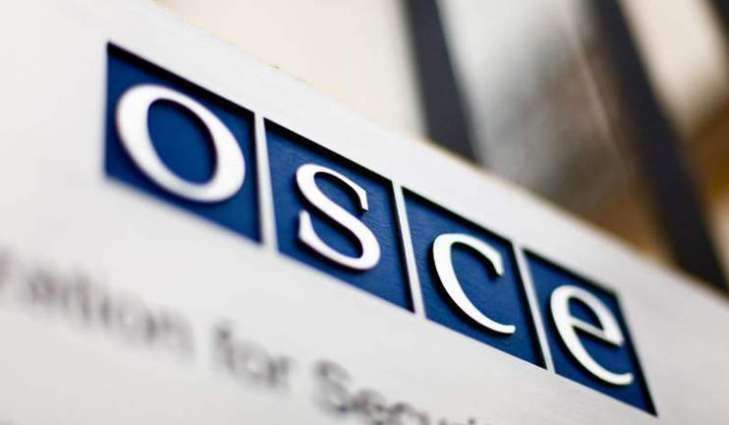The cessation of violence in the eastern Ukrainian region of Donbas is a current number one priority, the Organization for Security and Co-operation in Europe (OSCE) chairperson-in-office told Sputnik, while also calling for the implementation of the Minsk Agreements and for politicians to reach a consensus on the future of Ukraine prior to this week's meeting of the OSCE Ministerial Council in Bratislava
PRAGUE (Pakistan Point News / Sputnik - 02nd December, 2019) The cessation of violence in the eastern Ukrainian region of Donbas is a current number one priority, the Organization for Security and Co-operation in Europe (OSCE) chairperson-in-office told Sputnik, while also calling for the implementation of the Minsk Agreements and for politicians to reach a consensus on the future of Ukraine prior to this week's meeting of the OSCE Ministerial Council in Bratislava.
"The current priority is to stop fighting in Donbas. This is of utmost importance. We expect Russia to use actively its influence on Donetsk and Luhansk to achieve this goal. We cannot accept that people, including civilians, are still dying in Europe in the 21th century because of a military conflict. The implementation of the Minsk Agreements plays an irreplaceable role in whole effort. At the same time, Slovakia stands ready to alleviate the hardship of the people on the ground," Miroslav Lajcak, who is also Slovak foreign minister, said in an interview.
According to Lajcak, Slovakia, which borders Ukraine to the west, hopes to see its neighbor become a democratic, stable and prosperous state. The restoration of sovereignty and internationally-recognized territorial integrity are crucial prerequisites for achieving this goal, the diplomat added.
"The next important step in the peaceful settlement of the conflict in Donbas will be the region's reintegration presuming that the local people will live in dignified conditions and fully enjoy their rights," Lajcak said.
At the same time, the diplomat noted that the current military conflict in the region had caused untold suffering, and that finding a solution would be a lengthy and complicated process.
"Having in mind the fact that the military conflict causes a lot of suffering and has a negative impact on people's hearts and minds, the process of reconciliation is likely to be complex and time-consuming. Consolidating the society, overcoming the mistrust and reaching consensus on Ukraine's future, that is what we consider as a step that should follow the implementation of the Minsk Agreements," OSCE's chairperson-in-office said.
In November, Lajcak held talks with Russian First Deputy Foreign Minister Vladimir Titov regarding the development of Russia's relations with the European Union and other international issues. According to media reports, Lajcak has traveled to eastern Ukraine four times during the course of 2019, and visited the Stanytsia Luhanska checkpoint last week to view a newly reopened bridge.
The 26th OSCE Ministerial Conference will be held in the Slovak capital, Bratislava, from December 5-6. The foreign ministers from participating countries will discuss the security situation in the Euro-Atlantic and Eurasian area.
Since April 2014, the Ukrainian government has been conducting a military operation against the self-declared republics of Donetsk and Luhansk. There have been many attempts to resolve the conflict or, at the very least, cease hostilities. Prospects for peace have been discussed in various forms, including during the meetings of the Contact Group in Minsk, which, since September 2014, has already adopted three documents regulating steps to de-escalate the conflict.




